#10: Remote work, employees’ happiness and forsaking a venture round - Sarah Hawley
The pandemic seemed to have made remote work a common place. For a moment it seemed that working predominantly from home would become the new normal. Yet, some companies including tech giants like Google have since called for their workforce to return to their offices. Others have introduced a hybrid mode that requires presence in the office a few days a week. Remote work, an inevitable shift for many in times of crisis, turned out to be hard to embrace long term. Why is this so? And how can we truly reap its benefits?
We discuss this topic with Sarah Hawley, CEO and Founder of Growmotely, a platform connecting companies with professionals searching for remote roles. Sarah shares her story of how her company went remote back in 2014 when concept was still fairly unusual. For her, it was a courageous step to freedom, and becoming the creator of her own destiny.
Driven by her passion for the freedom that remote work allows for, she is trailblazing the space - as a thought leader and creator - where remote work, conscious leadership, personal and professional growth intersect.
The nexus between conscious leadership and remote work
Sarah observes that predominantly mission-driven, conscious companies seek to hire remotely. After all, embracing a remote-first work environment requires a level of open-mindedness, curiosity, and the ability to challenge established ways of working.
“If I was to pinpoint the mindset of this type of leader, that’s attracted to Growmotely, it’s a leader who understands that culture and the happiness of their people and the alignment of their people actually does determine the success of the company overall.”
Raising funds - The search for the right investors
With Growmotely being a tech platform, Sarah knew that she would need significant upfront capital to get the ball rolling. She explains how she leveraged her network for first-round funding from angel investors. Gradually she extended her search for funds, reaching out to VCs.
Sarah speaks candidly about how raising venture capital can be a terrible energy drain, especially when it yields no financial results.
An unsuccessful VC fundraising campaign led her to explore alternative funding mechanisms - crowdfunding.

